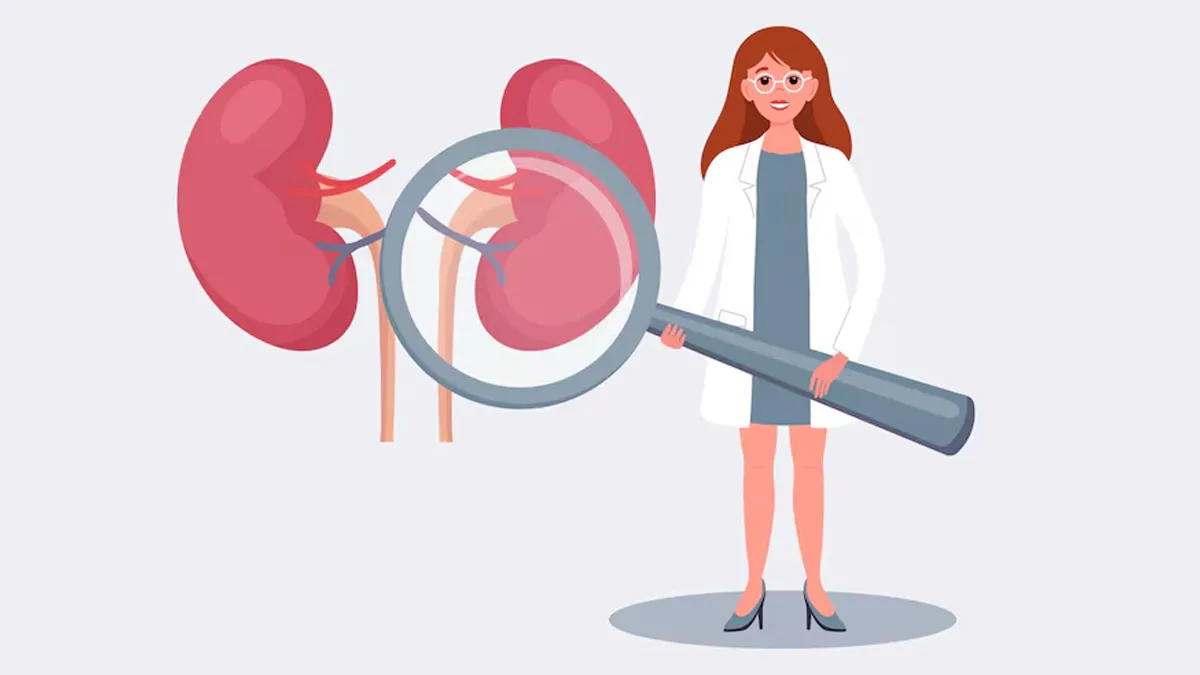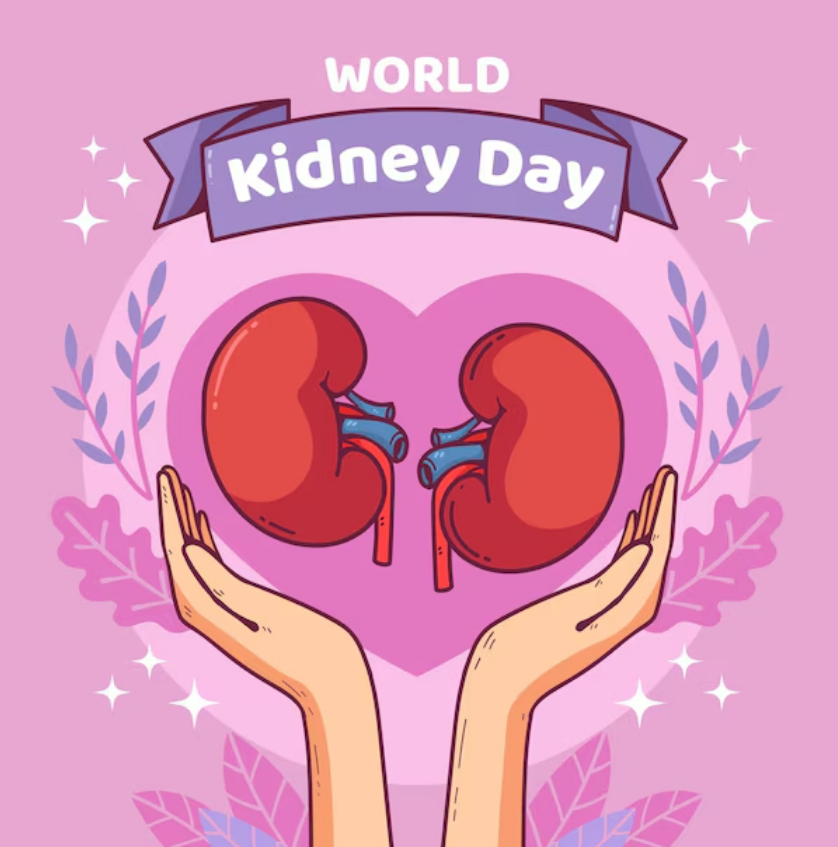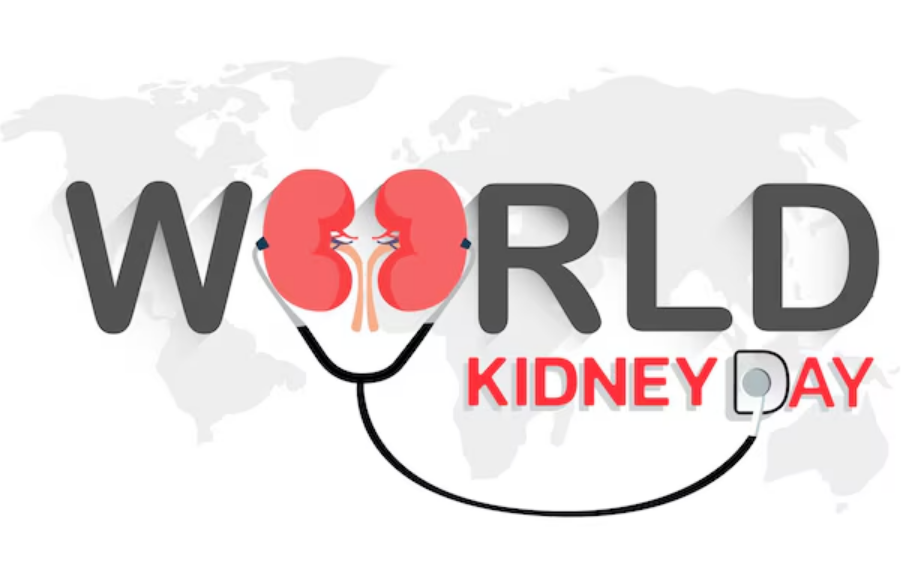
World Kidney Day: Kidney disease is a growing health issue worldwide, with diabetes and high blood pressure being the main causes of kidney failure. In India, kidney problems are on the rise. Early detection and treatment are crucial, especially for women. Dr Manoj Arora, Director, Nephrology and Renal Transplant Medicine, Max Super Speciality Hospital, Shalimar Bagh, shares the early symptoms of kidney disease in women and why it’s important to recognise them early.
Kidney disease often develops without obvious symptoms, so early signs are critical for diagnosis and treatment. Dr Arora explains the common early symptoms in women.

Urinary issues are often the first signs of kidney disease in women. These may include:
In addition to urinary symptoms, there are other general signs that women may notice, such as:
Women with certain health conditions are at higher risk of kidney disease. These include:
Dr Arora stresses the importance of regular kidney check-ups, especially for women with diabetes, high blood pressure, or a family history of kidney disease.
Don't Miss: Geriatric Pregnancy: What Is It, Risks, Chances When Planning A Baby At 50

Pregnant women should watch for symptoms that could indicate kidney problems, such as:
Dr Arora advises pregnant women with these symptoms to be closely monitored by their doctor to prevent kidney complications.
Early diagnosis is key to managing kidney disease. Dr Arora recommends the following tests:

Kidney disease in women often goes unnoticed until it becomes severe. Women, especially those with diabetes, high blood pressure, or pregnancy-related issues, should regularly monitor their kidney health. Simple tests and early treatment can greatly improve outcomes and prevent the disease from worsening.
Don't Miss: Endometriosis Awareness Month: Can The Painful Condition Impact Your Eating Habits? Expert Reveals The Truth
Keep reading Herzindagi for more such stories.
Image Courtesy: Freepik
Also watch this video
Herzindagi video
Our aim is to provide accurate, safe and expert verified information through our articles and social media handles. The remedies, advice and tips mentioned here are for general information only. Please consult your expert before trying any kind of health, beauty, life hacks or astrology related tips. For any feedback or complaint, contact us at [email protected].